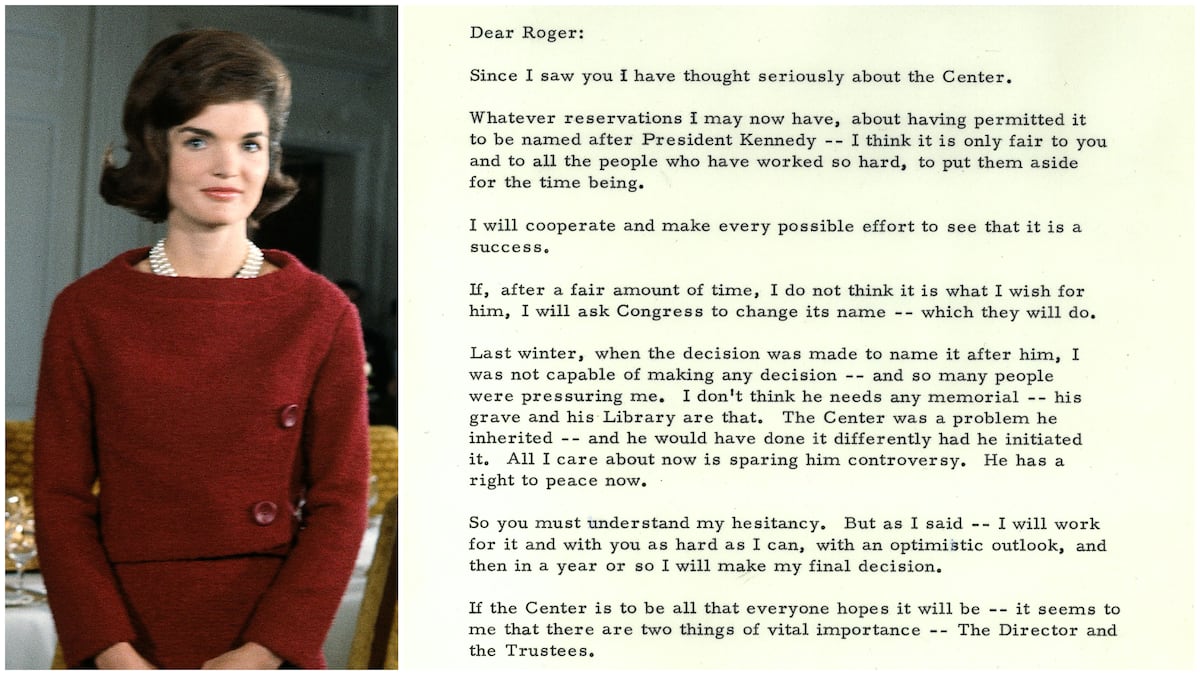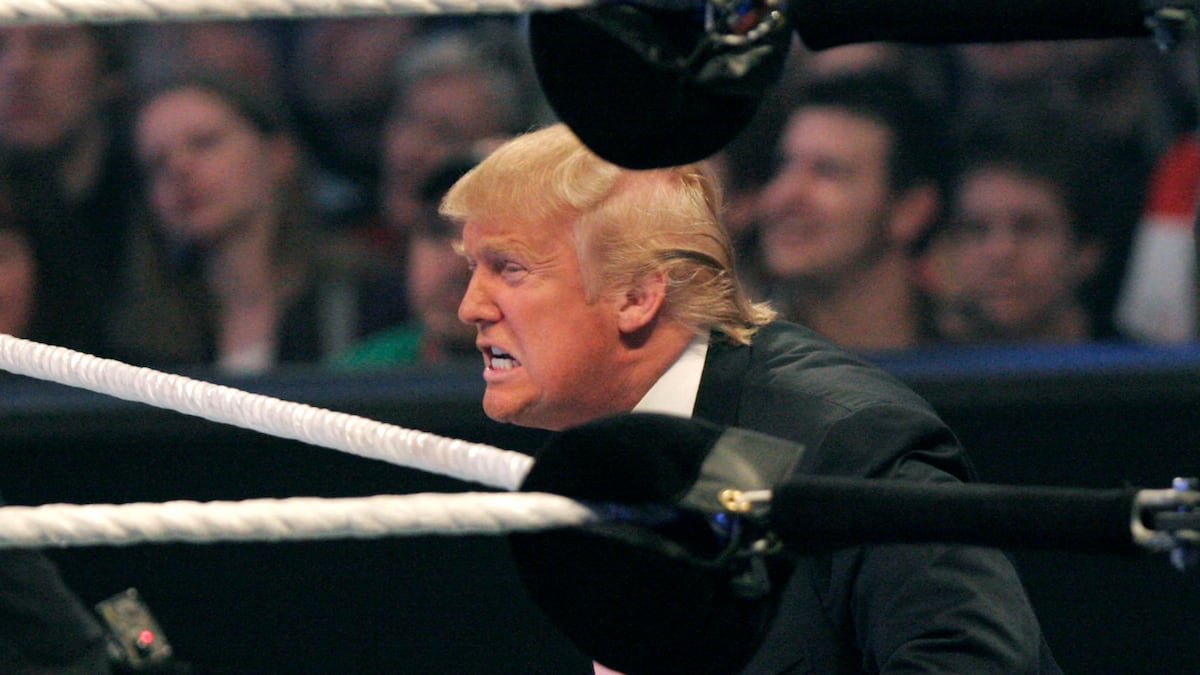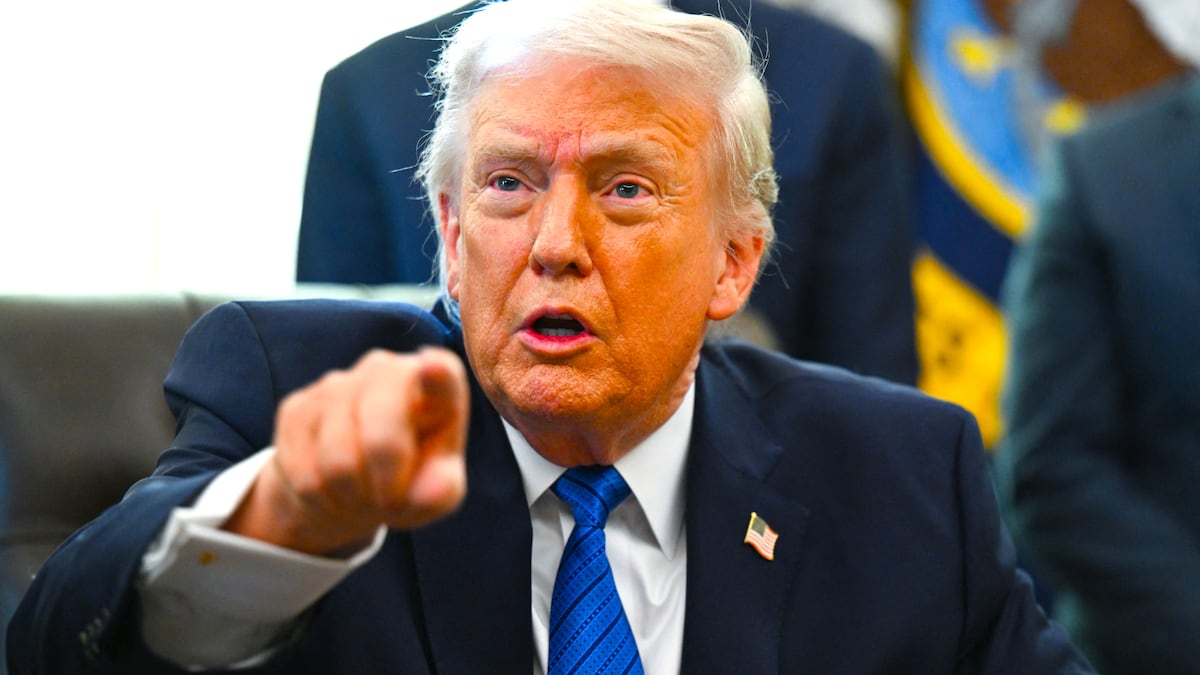
Rick Santorum had a brilliant idea:
The Republican Party has become the preferred political vehicle of America's white working class. There should, therefore, be room in a Republican primary for a candidate who championed the interests of the non-rich; who offered an economic message that offered genuine hope for improvement to voters who have been hit hard by the 2008-2009 crisis and by the long years of middle-income stagnation before 2008.
It was a powerful concept, but Santorum could not manage to execute it. He fused one gimmick (a concessionary tax rate for manufacturing industry) to the generic Republican platform that favors the old and the wealthy over the young and the striving.
To some degree, Santorum was constrained by inner factors: his own strong ideological commitments.
But even more, he was constrained by the Republican campaign map. The activist economic program needed to accomplish what Santorum declared he wished to accomplish—stabilize working-class employment and thus working-class families—is simply anathema to the donors, media institutions, and activists who sway Republican primaries.
Santorum dwindled into the candidate of ideological purity. It's a strange kind of working-class champion who also sees eye-to-eye with the Club for Growth and the Wall Street Journal editorial page.
Yet the need Santorum identified remains a genuine need indeed. Is there some way for the party of markets and enterprise to speak for the economic aspirations of a larger segment of the population than Santorum's party speaks for today? For that matter, than Santorum himself was ever able to speak to?
The person who finds that way will be the next Republican president. And I greatly fear that we won't see another Republican president until that way is found.






